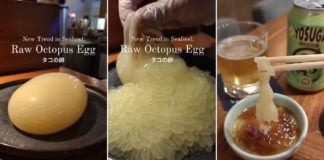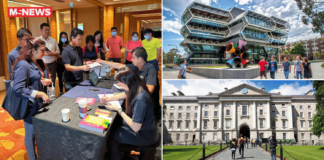YouTuber Spends A Day Experiencing What Workers Commuting Between Malaysia & Singapore Go Through
Many Malaysians who live in Johor Bahru (JB) cross the border to Singapore every day for work. What motivates many of them is the advantage of cheap housing in JB and the conversion rate that multiplies whatever they earn here by about 3.5 times.
However, making that daily commute isn’t easy. To experience what these workers go through, a Malaysian YouTuber spent a day making the journey across the border, waking up at 4.19am and facing the crowds firsthand.
While he acknowledged the many perks of working and being in Singapore, he found himself exhausted after just one day and felt humbled knowing the sacrifices workers from Malaysia have to make.
YouTuber experiences JB to Singapore morning crowd
Malaysian YouTuber Chun Weng posted a video documenting his experience to his YouTube channel on 21 Sep. In the roughly 12-minute video, he talked about the commonly discussed benefits of living in JB and working in Singapore.
Chun Weng first set the context by comparing the average monthly salary in both countries — working in Malaysia can earn you about RM3,500 (S$1,019) while you can take home about S$5,700 here in Singapore.
Taking into account recent conversion rates, a Malaysian raking in a Singaporean salary could cash in over RM19,500 monthly.
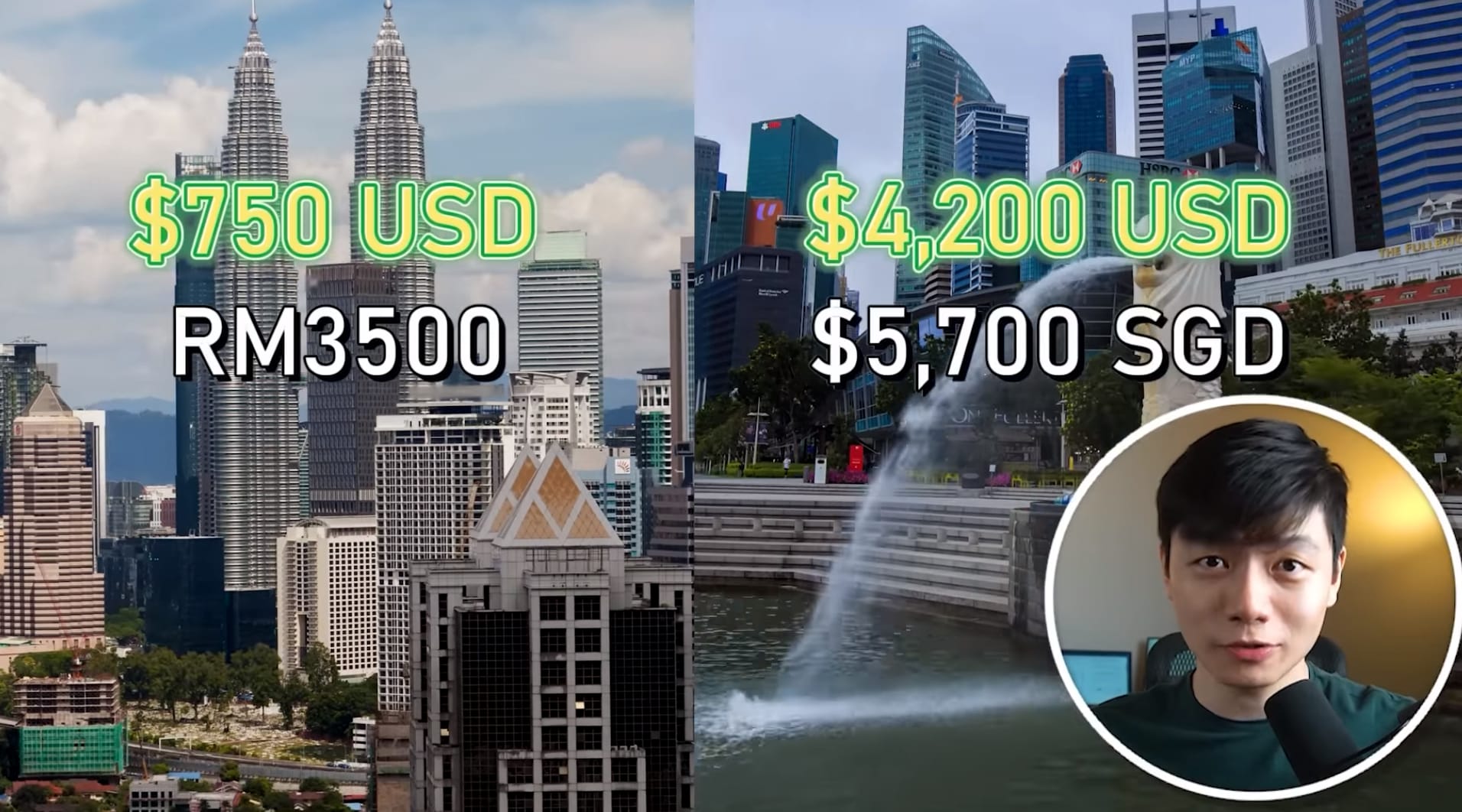
Source: Chun Weng on YouTube
With these staggering figures in mind, Chun Weng decided to give the JB to Singapore commute a shot for a day, as he did his remote work here on our sunny island. The former investment banker is now a full-time content creator and social media consultant, working largely with international clients.
He started his workday off by waking up at 4.19am, looking and moving more like a zombie than a person.

Source: Chun Weng on YouTube
He reached the JB side of the border checkpoint at 5.50am, witnessing many workers waving goodbye to their loved ones, which he described to be both sad and sweet.
After spending 30 minutes crossing immigration, Chun Weng waited another 20 to 30 minutes for a bus to take him across the Causeway. Throughout the way, the sight of countless workers packed in queues there stunned him.
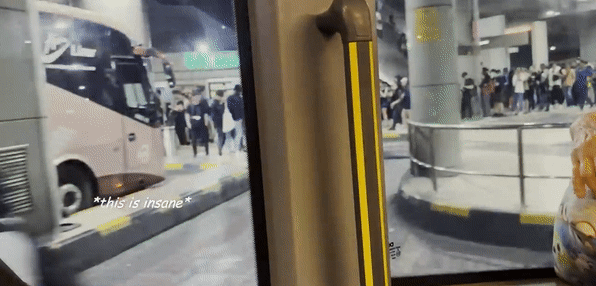
Source: Chun Weng on YouTube
However, it was not just the inside of the bus that was cramped and crowded. Outside on the Causeway, he watched as endless lines of vehicles queued up to cross over to Singapore.

Source: Chun Weng on YouTube
Chun Weng took the MRT to his ‘workplace’ in Woodlands, starting his remote work at 7.45am. Since waking up that day, he had spent nearly 3.5 hours just to get to work.
Finds prices of everyday goods similar in Malaysia & Singapore
Chun Weng also included an interview with Ash, who has been a cross-border worker for eight years.
Clearly made of hardier stuff, Ash said that four hours of sleep was enough for her. She even told a shocked Chun Weng that she knew of some workers who only needed three hours of sleep.

Source: Chun Weng on YouTube
Due to the three-hour-long commute, Ash suggested having temporary accommodation in Singapore itself, especially for those who can’t run on such little sleep.
She alleged that the number of cross-border workers has only increased recently, citing the jump in conversion rate in the past few years as the main cause.
According to Google Finance, the Singapore Dollar to Malaysian Ringgit conversion rate climbed from 2.9 in early 2018 to the current 3.4 or so.
Since a large portion of Singaporeans’ expenses go into housing, living in JB where rent is cheaper makes sense, especially with the higher salary earned here.
During a quick grocery trip at FairPrice, Chun Weng found that prices of everyday goods don’t differ much between both countries.
For example, a packet of instant noodles costs S$1.95 in Singapore. Over in Malaysia, the same product retails for RM5.90 (S$1.70).
This means that people in either country spend roughly the same on daily necessities, although workers in Singapore could be earning thrice as much.
A Malaysian TikToker working in Singapore even managed to cut his expenses down to S$10 daily with cheap meals and hostels.
Gains respect for those who stay in JB & work in Singapore
As the day went on, the effects of sleep deprivation took its toll on the YouTuber.
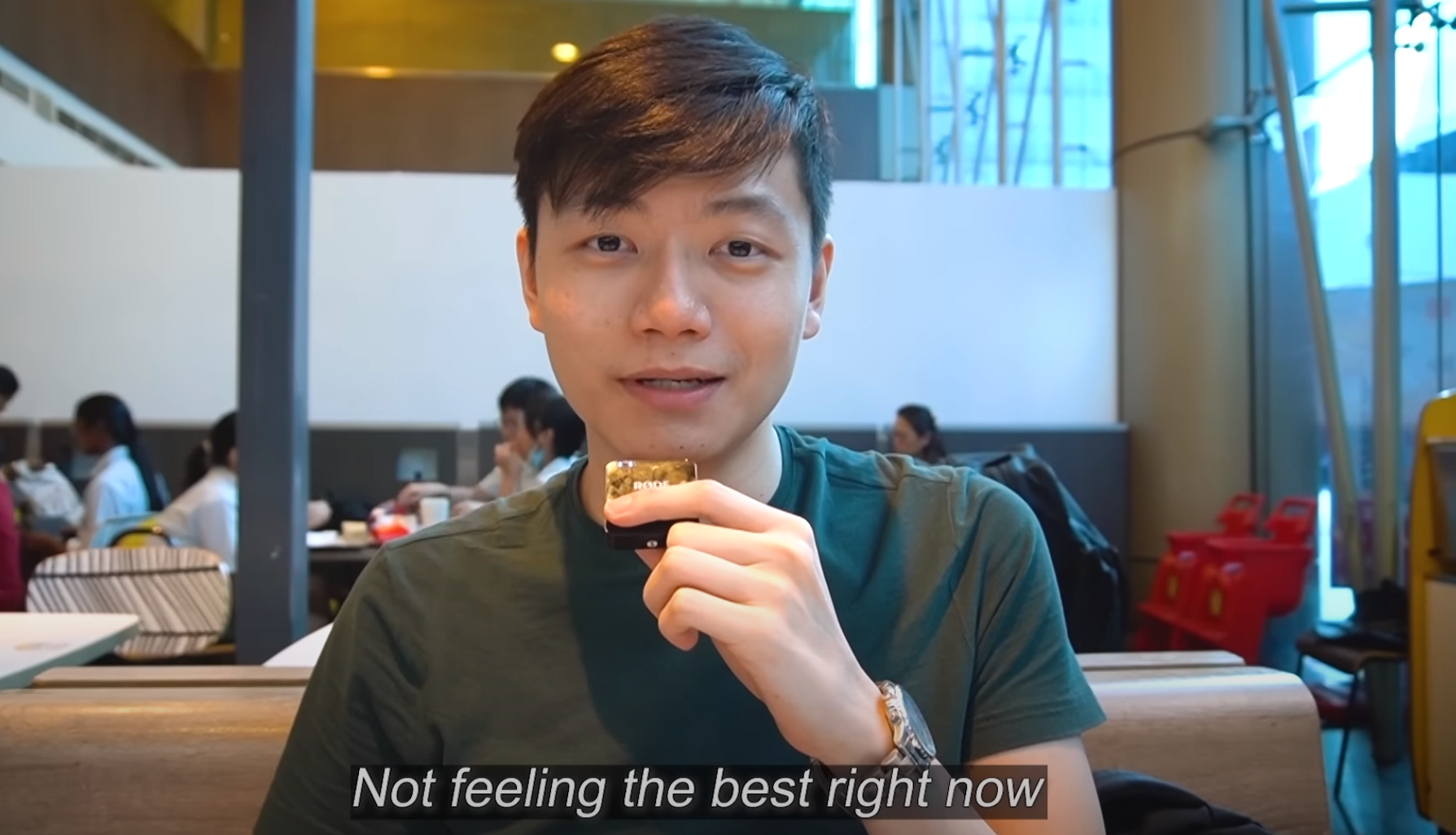
Source: Chun Weng on YouTube
Looking exhausted, Chun Weng commented that he wasn’t “feeling the best” and that the fatigue was “really taking a lot out of him (me)”.
Despite this, he still had the long, crowded commute back home ahead of him.
Chun Weng wondered how people did this every single day, feeling a lot of respect for the cross-border workers.

Source: Chun Weng on YouTube
Later in the video, he finally left Singapore and returned to JB after a long day. Relief and joy were apparent on his face as he completed the experience.
Health & time among the biggest sacrifices
Chun Weng told MS News that the experience left him grateful that he worked remotely.
He recalled how he used to dread a 50-minute commute to work due to how much time it wasted, yet compared to his cross-border experience, “Maybe it wasn’t that bad”, he quipped.
Of course, many surely are wondering if the arrangement is worth the increase in purchasing power. Chun Weng himself went in attempting to tackle that, but by the end of the day, he was left feeling like that was the wrong question.
In his conversation with Ash, he learnt from her that the cross-border work forced her to give up “health and time”. While she had gotten used to the short sleep hours, she acknowledged that sleep deprivation harms one’s body.
And of course, the four to six-hour-long commute takes a lot of free time away. If she had the extra time, Ash commented, she would exercise, sleep more, and spend more time with her family and friends.

Source: Chun Weng on YouTube
Speaking to MS News, Chun Weng said that it makes a lot of sense to switch to living in Singapore if one earns a decent income.
After all, doing so means enjoying the following:
- a shorter commute
- more sleep, and hence, better health
- additional time to upgrade skills and find opportunities
- more time with loved ones
Ultimately, it’s all about more time — time that the commute eats away at in the cross-border work arrangement.
Many cross-border workers do not have the luxury of choice
When asked if he would recommend shuttling between JB and Singapore daily, Chun Weng told us that he would not recommend it to those with a choice.
Long queues, traffic, and lost time were all factors for this response. Even so, one may wonder why there are still so many people crossing the border every day.
In the video, Chun Weng explained that for many, there is no choice. For instance, one of Ash’s friends has to work in Singapore to pay for her father’s medical bills, despite having just had a baby and grappling with the mental and physical baggage that comes with the post-pregnancy period.
“I can’t even start to imagine how stressful it must be for her,” the YouTuber said.
“At the end of the day, when the Sun sets and it’s time to go home, for most of us, we would do anything for the people we love.”
Have news you must share? Get in touch with us via email at news@mustsharenews.com.
Featured image adapted from Chun Weng on YouTube.

Drop us your email so you won't miss the latest news.



